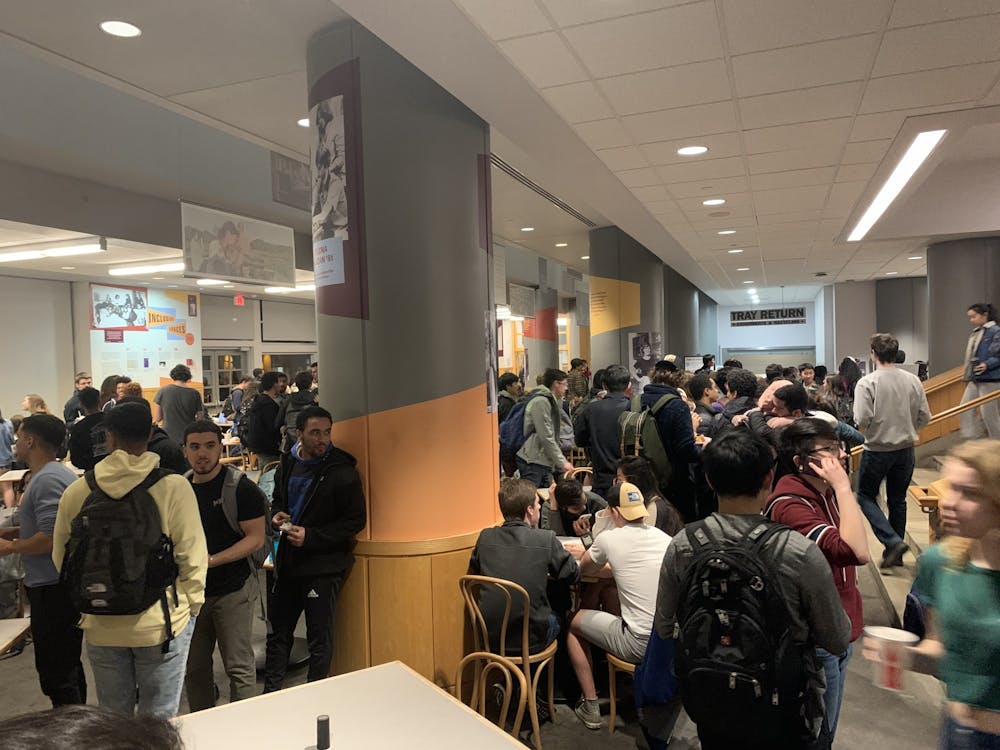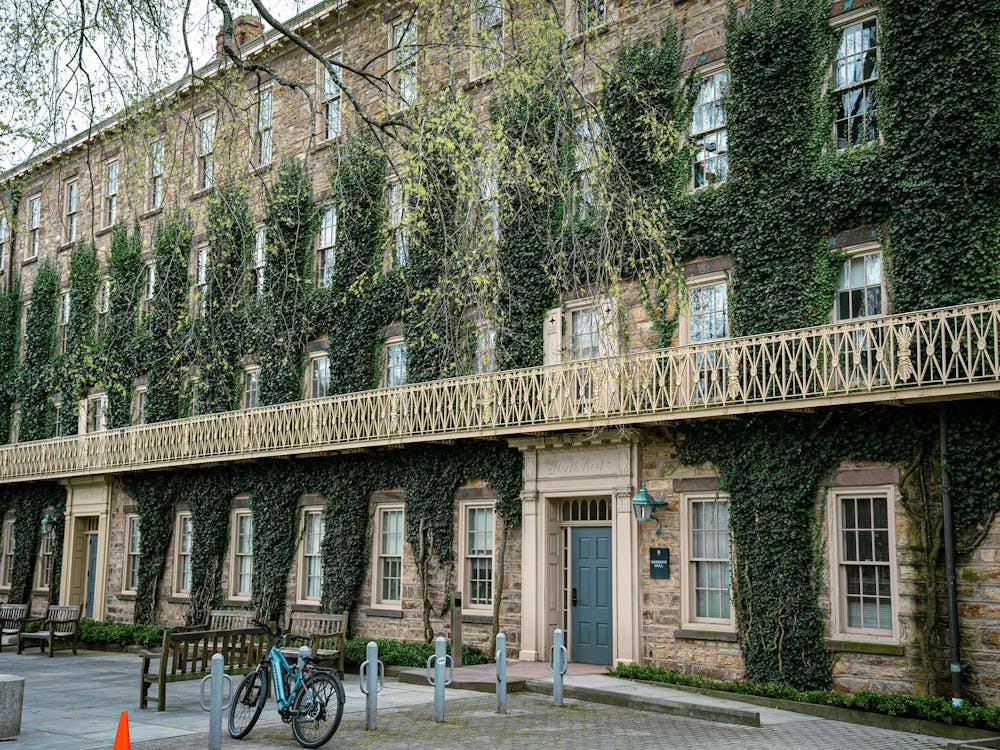A Princeton University administrator once asked me if I had ever experienced “Princeton magic.” I was puzzled at the question, so I asked him to elaborate. Princeton magic, he said, is “the feeling that this place is special or that an event that occurred is something that could only happen here.”
Upon reflecting on the moments of my undergraduate experience that I considered “magical,” I realized that all of these moments involved feeling that I belonged to the Princeton community and was connected to others on campus. Since the start of the pandemic, such moments have been few and far between.
The pandemic has stratified Princeton’s campus. For two and a half semesters, students attended classes over Zoom. We logged into virtual meeting rooms only to log out and disconnect from school. As a result, our interaction with Princeton was limited to the classes we took, the organizations we belonged to, and our existing friendships. Engaging outside of these groups was all but impossible.
Even after returning to campus, our interactions outside of our core groups have been limited. While I cannot speak for every student, I’ve noticed that my friends and I have interacted with mostly the same people every day while almost never seeing some people that we interacted with before the pandemic.
The pandemic has contributed to the shrinking of our social circles: those of us who were here before the pandemic lost touch with people beyond our close friends and now interact with a more limited set of people. Those of us who started Princeton during the pandemic began with a more limited set of relationships and missed many of the social events that helped students with different interests and identities meet each other.
There were moments in Fall 2021 when campus began to feel cohesive. Events such as Lawnparties and the bonfire gave us a chance to connect (or reconnect) with our classmates and feel a sense of belonging to the campus community. However, the recent rise in COVID-19 cases has once again limited opportunities like these.
The siloing of student life has impacted the overall mood on campus. There is no doubt that campus is very active right now. Weekends are packed with performances. Classes are back in-person and are offering the activities, such as travel and guest speakers, they hosted before the pandemic. This year’s Street Week was the busiest in years. However, my friends often describe the atmosphere on campus this year as “weird.” I believe the reason for this is that although campus is very active, it feels more like a collection of different organizations, departments, and affiliations, but not like a cohesive whole. The togetherness that can make campus feel magical is missing.
A lack of cohesiveness is inevitable given the pandemic and limits on social interaction. However, even as the pandemic hopefully improves and there is less of a need for caution, there is a danger that the siloing of campus life will continue, especially if we are complacent.
To combat the stratification of campus, we must take several steps. Once the state of the pandemic allows it, the University needs to hold more large-scale events that bring people from different groups together and help individuals who have fallen out of touch to reconnect. In the absence of these events, it is easy to forget about people we don’t regularly interact with. There should also be extra opportunities to help people reconnect or connect for the first time to compensate for opportunities lost over the past two years.
As individuals, we should also find ways to engage with the broader campus community. Doing service on campus is one way to interact with others. Students can serve as RCAs or in other leadership roles, join their college council or student government, or become student journalists. Students can also engage by simply reaching out to people in our periphery or to those with whom we’ve connected but have lost touch with over the course of the pandemic.
The pandemic has stratified campus and diminished its “magic.” However, with an improving pandemic and effort on our parts, I hope that we can revive it.
Allen Liu is a senior from Chattanooga, Tenn. He can be reached at afliu@princeton.edu.









